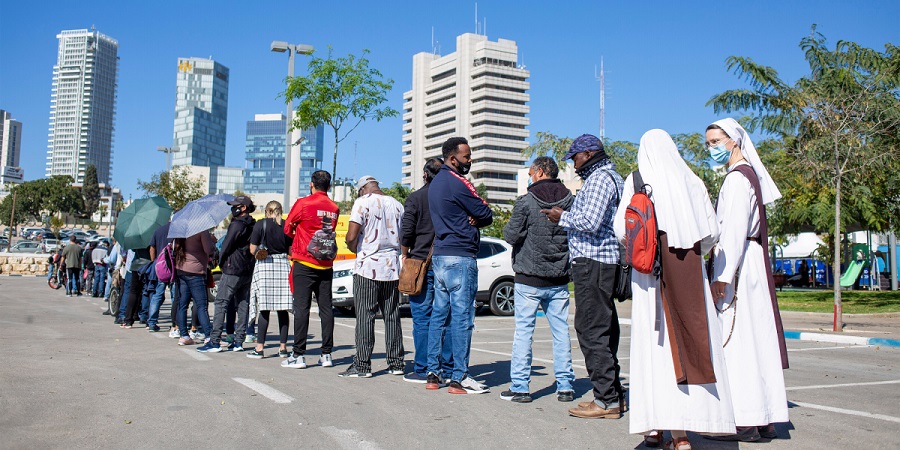Pfizer did not confirm the authenticity of the study document. Its lead authors are Sharon Alroy-Preis, head of public health for Israel’s health ministry, and Eric Haas, a ministry researcher. In addition, the study was carried out by a team of eight Pfizer researchers, including epidemiologists Farid Khan and John McLaughlin and the company’s global medical lead for covid vaccines, David Swerdlow, an infectious disease expert previously with the US Centers for Disease Control and Prevention.
The research represents the first joint report by the health ministry and Pfizer since they reached an agreement earlier this year for Israel to share vaccination data in return for a steady supply of doses.
The cooperation is part of a wider effort by Pfizer to track how its vaccine, named Comirnaty, works in large populations. The company told MIT Technology Review earlier this week that it is studying “the vaccine’s real-world effectiveness at several locations worldwide, including Israel,” and “particularly looking at real-world data from Israel to understand any potential impact of the vaccine to protect against covid-19 arising from emerging variants.” Pfizer’s vaccine, like one from Moderna, another mRNA vaccine authorized for use in the US and Europe, uses two injections of messenger RNA carrying information about the virus to train people’s immune system to recognize and combat the infection.
Read the article in Tech Exec.

